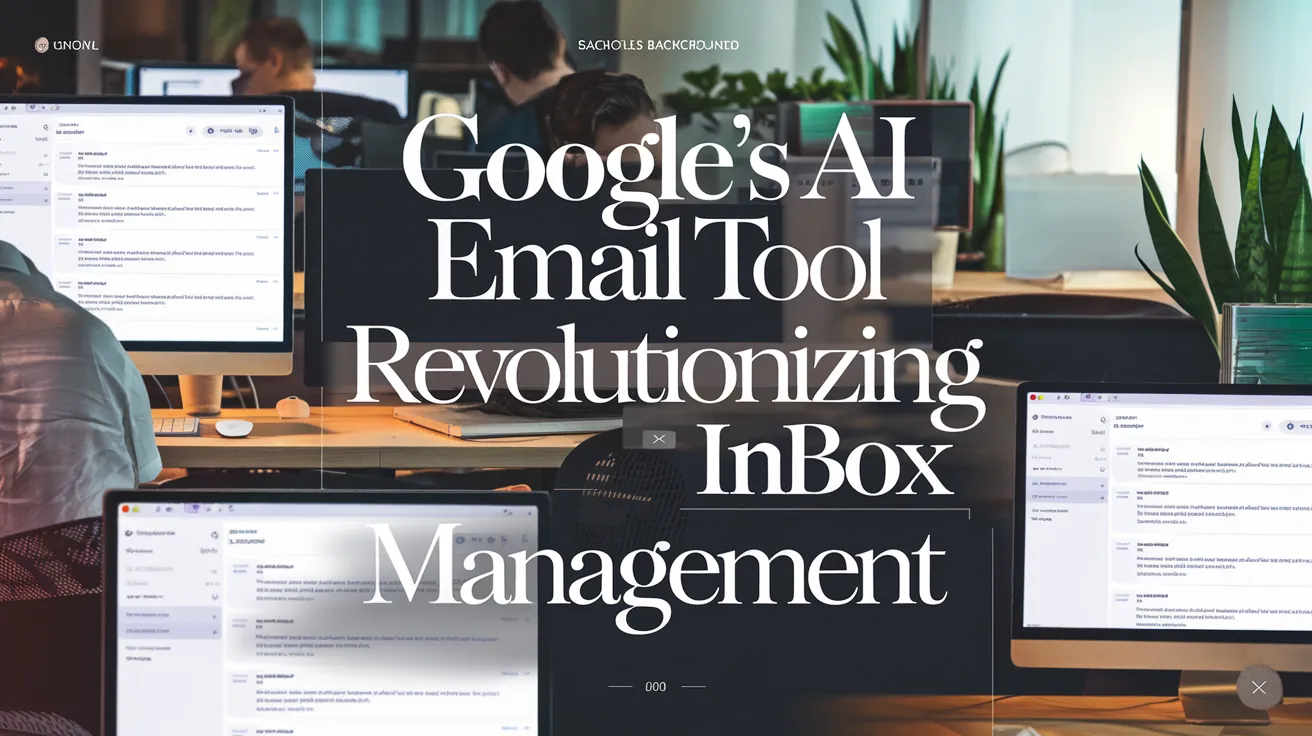Google’s AI Email Tool Revolutionizing Inbox Management

The march of artificial intelligence is predicted to bring monumental changes on a par with the advent of the internet or even the Industrial Revolution. Before these grand transformations unfold, however, Demis Hassabis, the head of Google DeepMind, aims to tackle one of the modern age’s more pressing burdens: the overwhelming email inbox.
Next-Generation Email Solutions
At the SXSW London festival, Hassabis shared insights into a “next-generation email” system currently in development. This innovative project seeks to automate the sorting and responding process for emails, significantly reducing the time spent on mundane communications and minimizing the risk of overlooking important messages. Hassabis expressed a personal longing to eliminate his own email clutter, remarking, “I would pay thousands of dollars per month to get rid of that.” This sentiment reflects a common frustration experienced by many in today’s digital environment.
AI’s Role in Managing Attention
Hassabis envisions an AI capable of understanding the essence of individual emails, responding in a natural, personalized style, and making straightforward choices on the user’s behalf. Such a tool could not only streamline inbox management but could also serve as a protective measure against the distractions posed by other algorithms designed to monopolize our attention.
Envisioning Universal AI Assistants
The concept of a universal AI assistant excites Hassabis. He describes it as a potential partner that not only enriches life with valuable recommendations but also takes care of routine tasks to free up time for more meaningful activities. He believes this approach to AI can fundamentally shift how we engage with technology, allowing it to serve individuals more effectively.
The Future of AGI Development
During his discussion, Hassabis touched on the trajectory of artificial general intelligence (AGI), estimating that its realization could be within five to ten years. He urges cooperation between major global players, particularly the US and China, emphasizing that safety and scientific discourse surrounding AGI development must transcend competitive impulses. The fallout from these advancements, he contends, impacts humanity as a whole.
Addressing Economic Concerns
While worries about job displacement due to AI persist, Hassabis offers a hopeful perspective on the future. He describes a possible “AI utopia” where technological improvements lead to radical abundance, transforming issues related to energy and resource management. However, he stresses the importance of ensuring that any resulting prosperity is equitably distributed. He encourages economists and social scientists to deeply consider the socio-economic implications of such technological advancements.